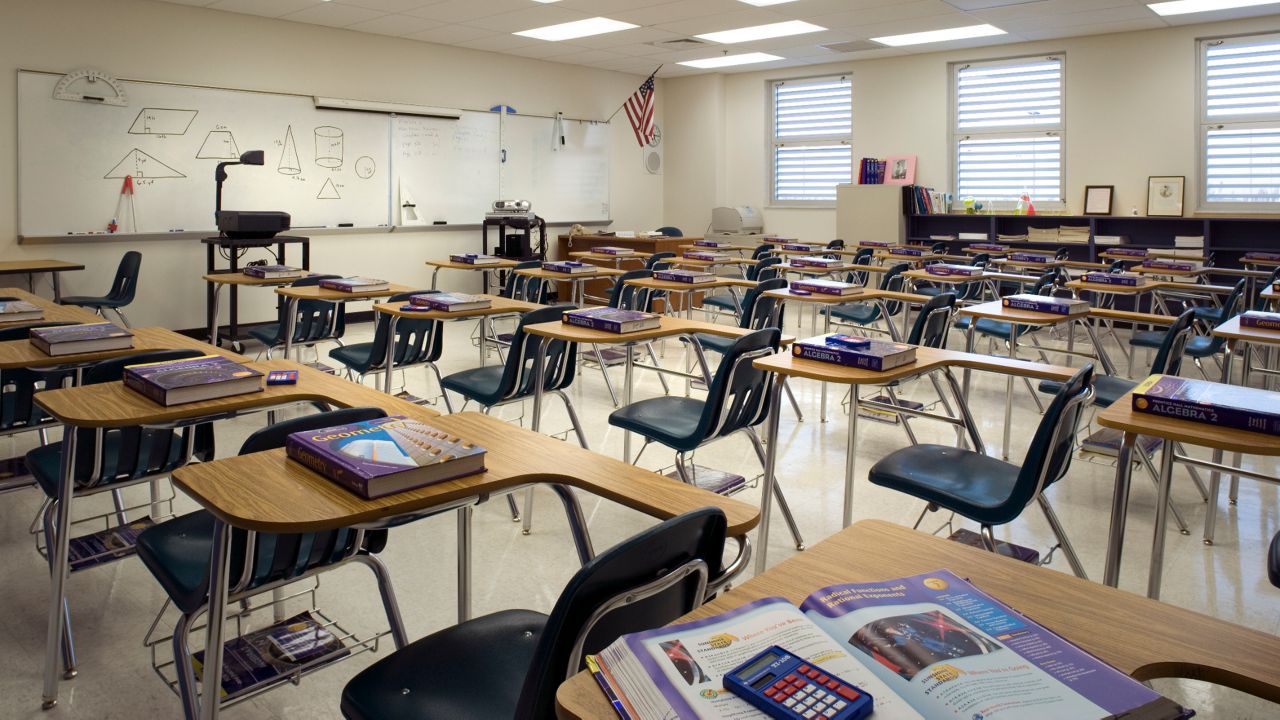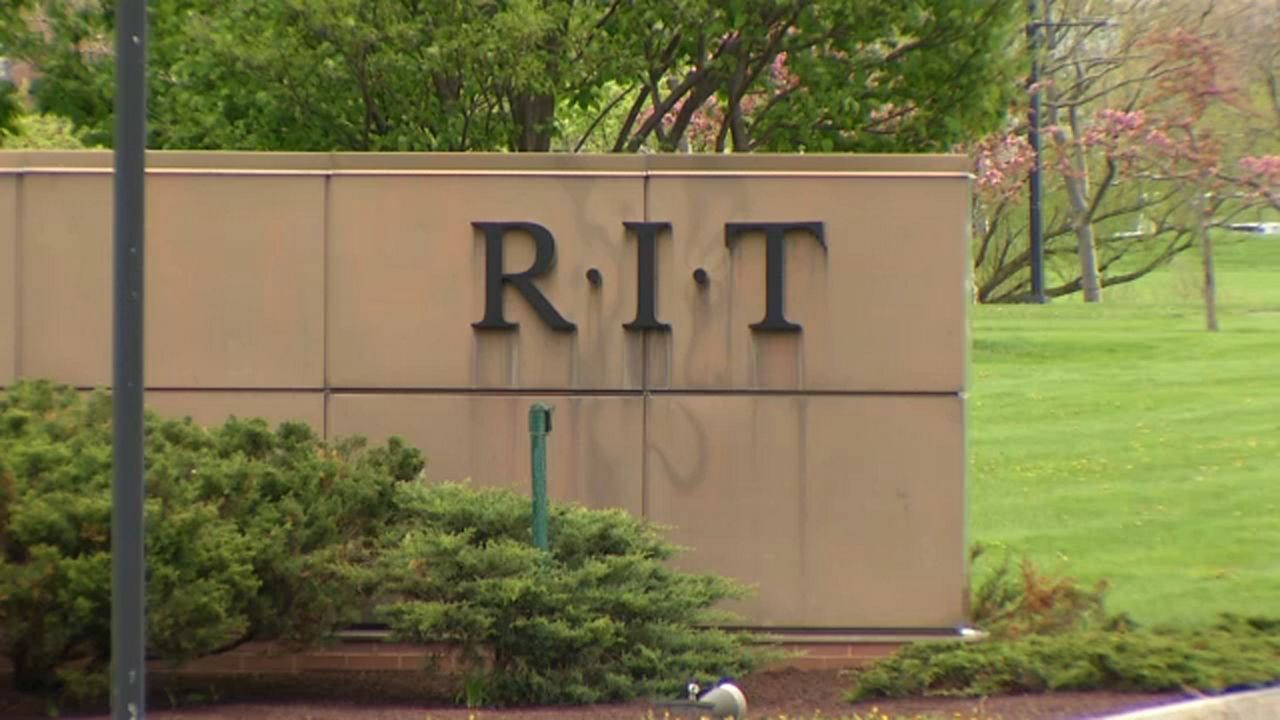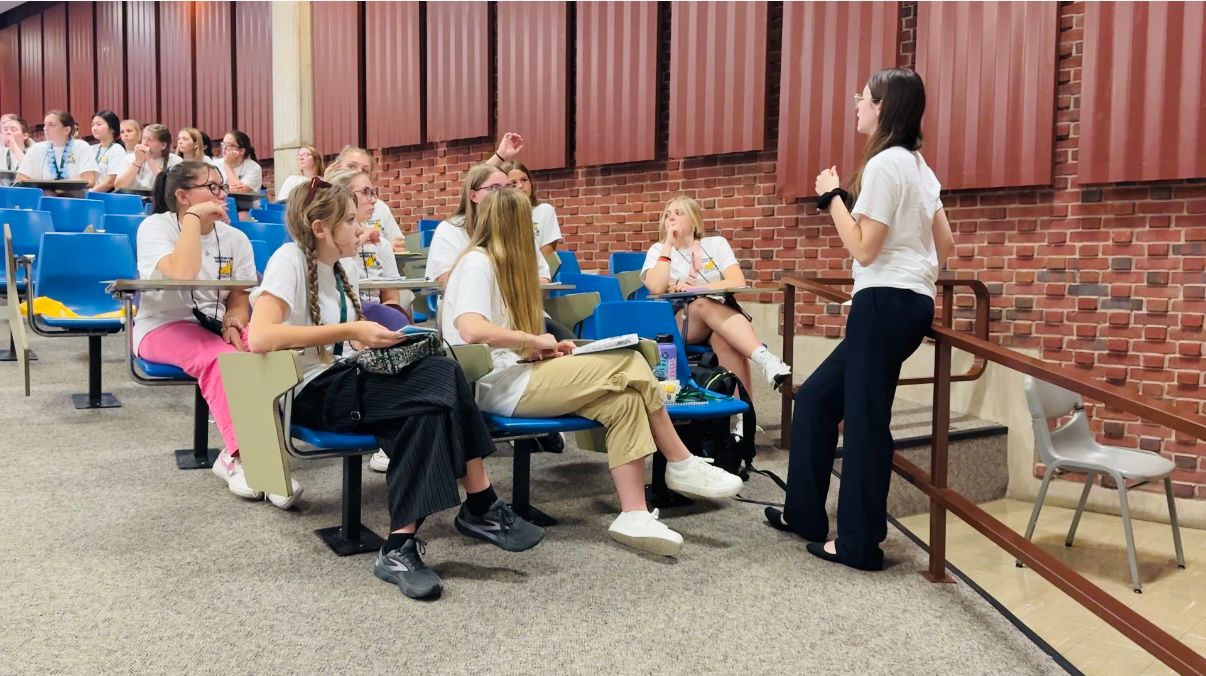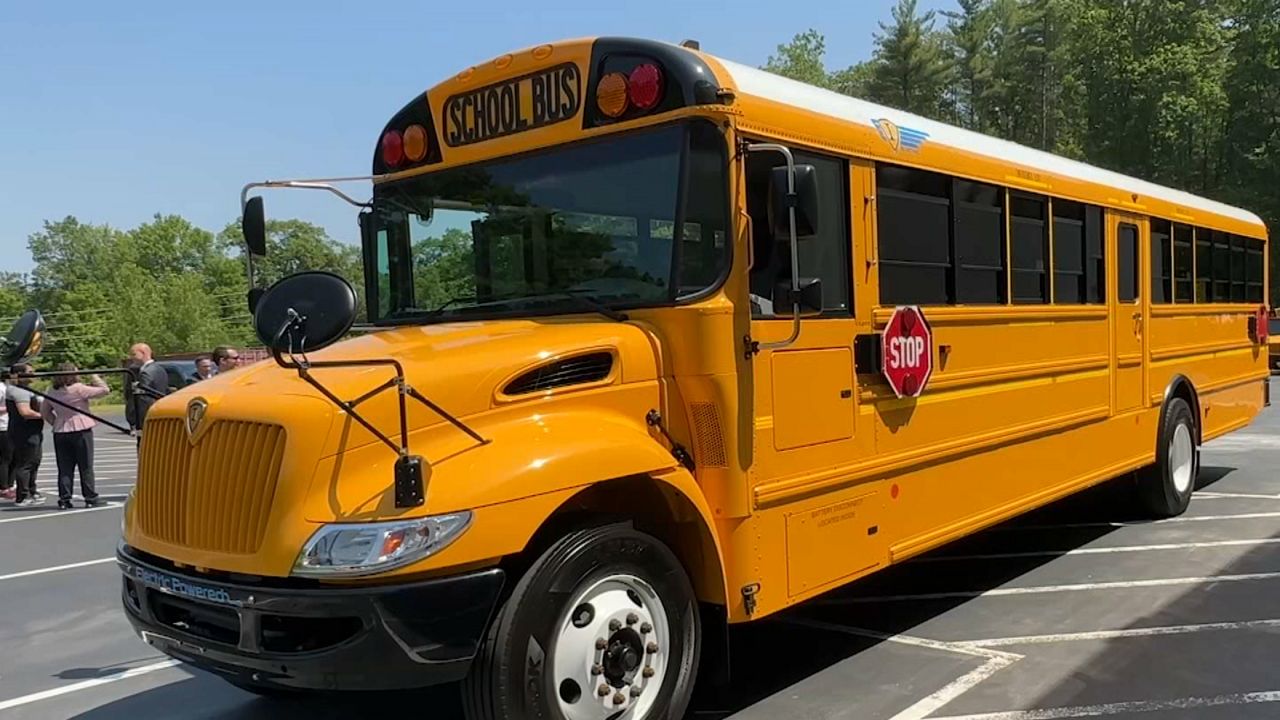According to the National Institute of Health, scientists and engineers with disabilities have a higher unemployment rate than the overall U.S. unemployment rate in 2019. One student plans to change that number using her own story to spark more disability inclusion within the scientific labor force.
For student Anna Nack, the choice was easy when it came to picking a college.
“[The Rochester Institute of Technology] was the only college that I applied for because I just knew in my heart that this is the one,” student Anna Nack said.
Finding a university that not only piqued her interest, but also embraced her differences. Nack was orphaned in a developing country and grew up disabled with a rare genetic disorder, Nager syndrome, that affects her speech, hearing and the structure of her face.
“Biomedical engineering because of how science and technology interlinked one another and how it can really impact the lives of others,” Nack said. “It only motivates me to grow as a person. I don't see this as a curse, I see this as a gift. To be able to stand up for myself and advocacy is one of the things I stand by.”
Undergoing medical procedures at an early age, her adoptive family made sure to be there every step of the way.
“We really didn't know about all her disabilities,” Anna’s father James Nack said. “But when you saw the picture of her, we just fell in love. She actually has gone through around 11 to 15 surgeries, depending on the different disabilities that we are affecting. The first thing was to actually give her the cochlear implants.”
Anna’s cochlear Baha implants have provided her the ability to communicate, removing any barriers she had once faced.
“When she got those Baha hearing aids, it was a total game changer,” James said. “I think the first word my wife spoke to her was a Disney one.”
Experiencing firsthand how the implants have changed her life, Anna is eager to show others how technology can remove barriers to help them achieve their dreams.
“This is something that makes you different, that makes you special,” Nack said. “And I would rather be, you know, different and special than, you know, normal, average human being like no one is attracted to that.”
Anna hopes her story can inspire more diverse engineers to bring new perspectives to technical obstacles.
“This device literally changed my life in the most unique way,” Nack said. “It felt like giving birth and entering the world of hearing. I can finally hear my mother’s voice.”
Anna has overcome many odds and continues to not let her disabilities define her.
“Coming from an orphanage [in] Armenia, where the other children had severe disabilities, and recognizing the opportunities that she has and what life can be and how people can reach their full potentials, I think motivates her to a degree that we can never really understand,” James said.
Seeing how Anna's Baha has impacted her life for the better, she wants her journey to spark more success stories for others in STEM.
“Shows how incredible this device is and how, you know, small technology like that can literally change people's lives,” Nack said. “And stories like that motivates me to join our team and to join women in STEM. You don’t get stories like that every day and moments like that are so precious to me and so rare.”









